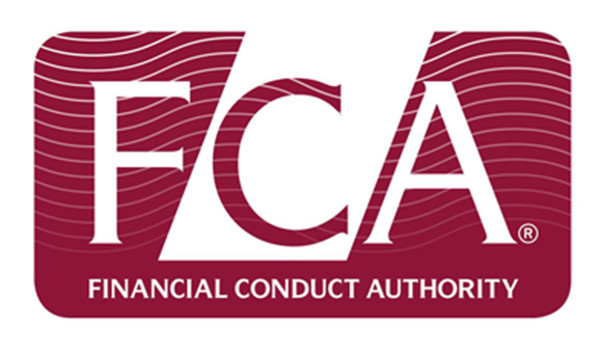

Firms should not wait for fresh benchmark legislation to be enforced before taking steps to focus on the risks the regulation is seeking to address, according to the FCA’s Edwin Schooling Latter.
During a Cisi European regulation forum on Tuesday (2 February) Mr Schooling Latter, head of markets policy at the Financial Conduct Authority, also urged firms to focus on indices that are outside the perimeter of the new regulation.
This comes with the EU Benchmarks Regulation, proposed in 2013 by the European Commission, now in its final stages.
The regulation aims to make financial benchmarks more reliable.
However, during his speech Mr Schooling Latter said it is important that firms don’t think this regulation is only a matter for benchmark administrators or submitters.
“Users will be affected too,” he said. “Benchmark users are the party best placed to identify and manage this risk, to minimise disruption to their own business.”
He said there are two important steps involved:
• Users should make sure they are aware of which benchmarks they use, and seek assurances from the administrators of these benchmarks that they are aware of the regulation and have plans to comply with it.
• Users should start thinking now about potential alternative benchmarks in case any benchmark they currently use becomes unavailable.
“This issue of benchmarks no longer being available is one that existed before the Benchmark Regulation,” he said, adding that it was an issue also seen in the Libor experience.
“One of the most important lessons from that episode, which we should not lose sight of, is how the benchmarks had become detached from the underlying markets they were developed to measure.”
Mr Schooling Latter said benchmark regulation will try and ensure some minimum standards for benchmarks, make them less easily manipulated, more transparent, and more robust.
However, he added that some benchmarks “may not prove strong enough” to meet those new standards, and could “fall away”.
“But it is users themselves who must take prime responsibility for ensuring benchmarks they use are appropriate, and that they have plans for the event that these are no longer available.
“Alongside regulators and administrators, users have a vital role to play to ensure that the implementation of the regulation is smooth and succeeds in delivering high standards with minimal disruption.”
katherine.denham@ft.com



